

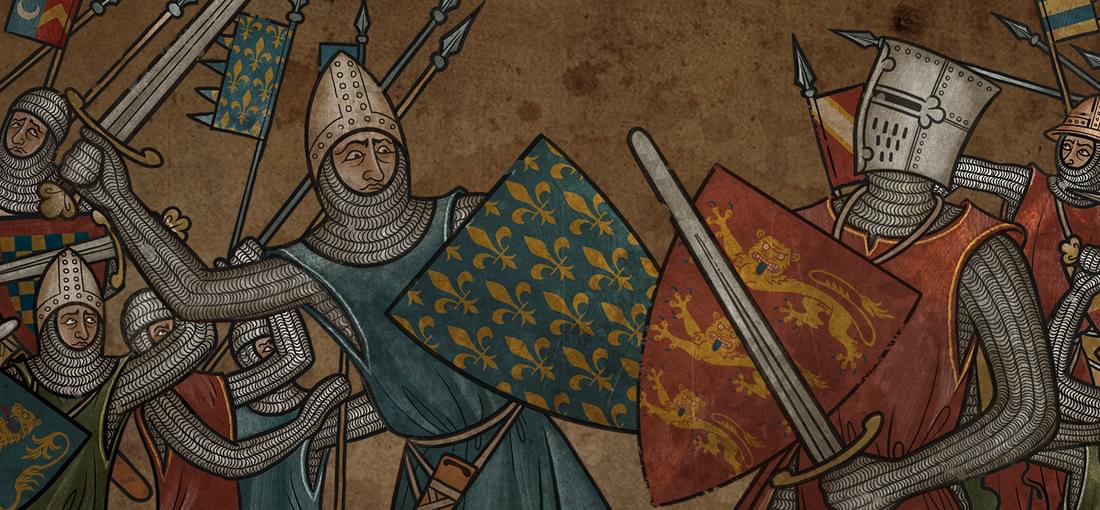
FoG II engiene was used for medieval battles with polished graphics, UI (game looks really aesthetic) and new medieval soundtrack. Gameplay is similar to FoG II - realistic, but no overly complicated battles and simple campaigns, now with medieval flavor - much stronger cavalry, crossbowmen, longbowmen etc. Game has well researched, non-nonsense army lists (so no [faction name] [troop type] units just to make armies artificially "diverse"). At the moment We know that DLCs will be regional, so they will be limited in scope in comparison to FoG II, but more detailed with more battles, campaigns and armies from single region (e.g. first DLC will be covering western Mediterranean, every FoG II DLC was covering entire "map").
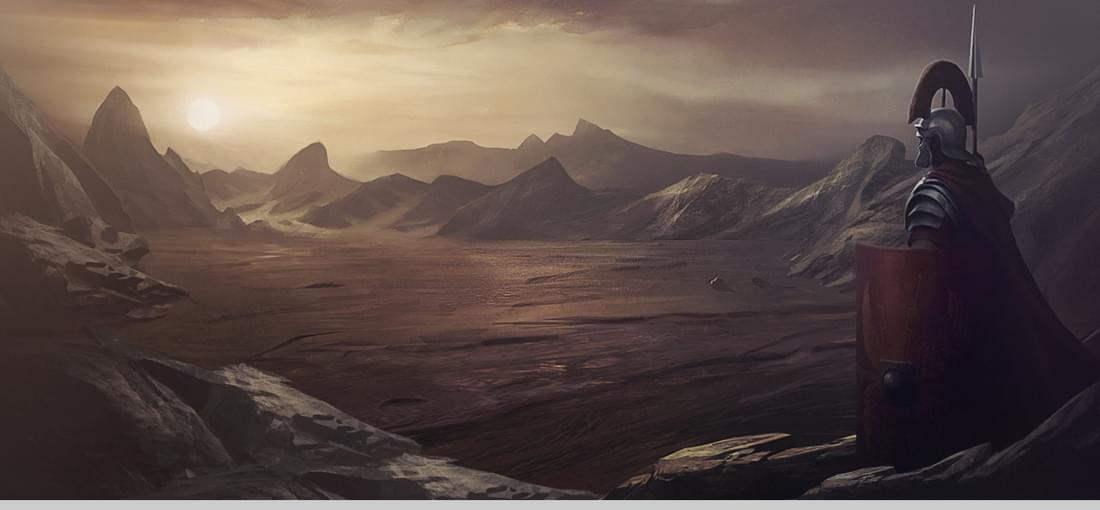
AoD may not be most artsy, may not have most innovative setting or ruleset among RPG renaissance, but it is absolutely unprecedented when it comes to choice, consequence, player agency and replayability. Each faction offers different storyline and experience and there is a lot of possible endings.
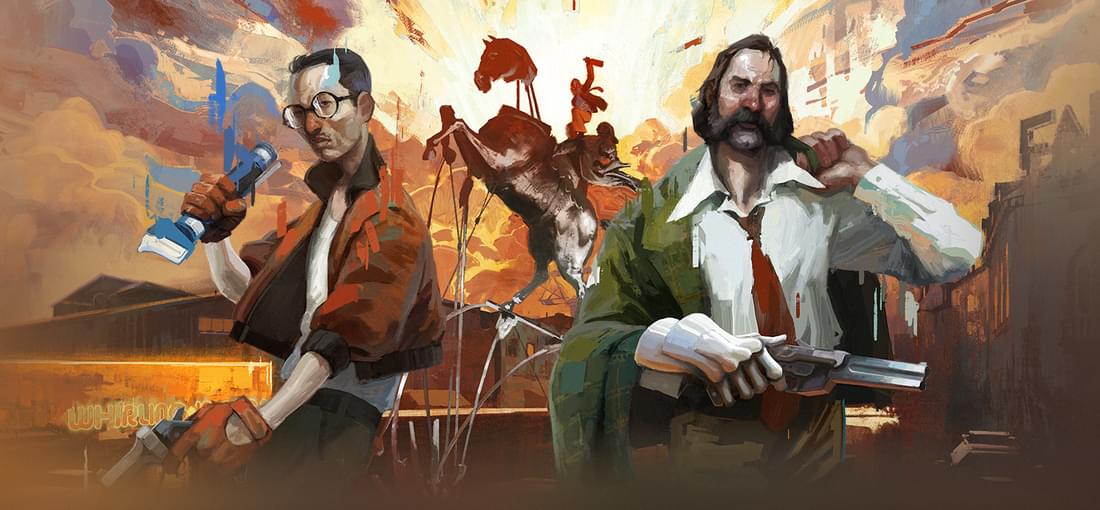
The good things. It is written really well, music and art are both great. Probably the best feature is the skill system. Do not let artsy minatures and fanciful names fool you, it is all about how it works. Skills are taking place in almost every conversation as internal voices, selecting different skills not only affecting what character can do, but also what he notices and what he thinks. There is a quite a lot of possibilites to roleplay. The area available to explore isn't super vast, but is really packed with content. The ok things There is Thought Cabinet but it is really a glorified perk system, good perk system, but nearly as good as skill system. Thoughts need skill point to research (and to forget) as well as in game time. During research in most cases they give maluses, afterwards bonuses or both. They are usually available after certain behaviours in dialogue. This system would be ok, but it feels not really well balanced. For example some very hard to get thoughts are completely normal, some are just not worth it. Also they modify dialogue rather rarely. The bad things The ending. At certain point we are informed that something bad is going to happen soon. What triggers this event is thing that has absolutely no logical connection, not time. What is worse we are not informed about consequences, such as locking areas and quests. Ending is quite linear, entire game to be honest is, but side quests keep the illusion of choice. We don't really know if our actions had any influence on the world. There is sense to play again to see the perspective of different skills, but there are no great, game changing choices to be made. Ideologies: this is a well written game, but when ideology comes up it is usually a joke, totally over the top, explainable by characters psychology or obvious critique. There is no idealogy that can be taken at face value (such as Ceasar's speech in F:NV) and judged by the player seriously.
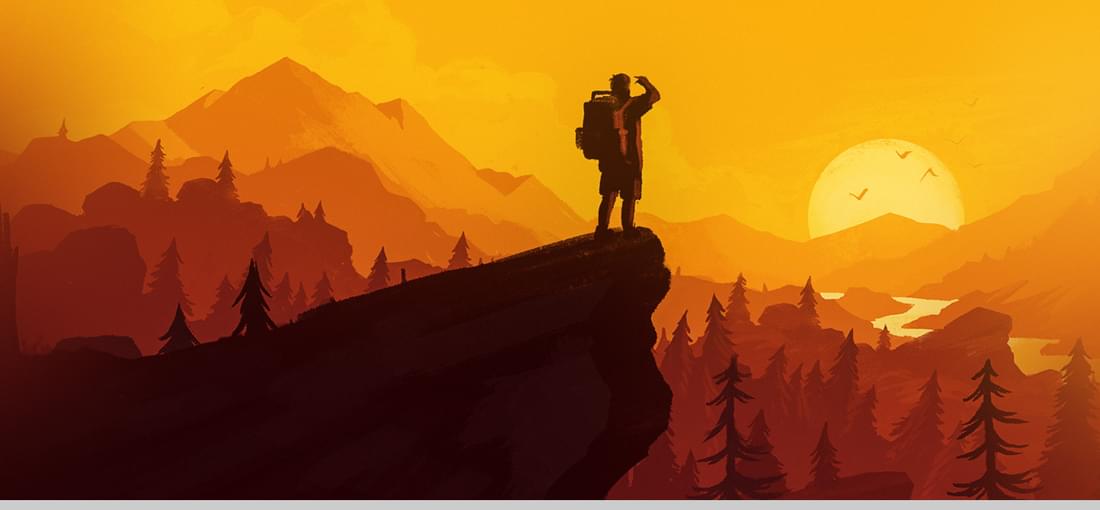
I must point that Firewatch is a walking simulator first and foremost and have typical walking simulator qualities - it is short (3-4 hours) and there is no gameplay in a traditional sense, even less than in other walking simulators. If you are not ok with this, you probably won't enjoy this game. As a walking simulator this game is excellent - environment is scenic, story is engaging, emotional and cathartic. The main "gameplay" activity is selecting replies in dialogue. It has mostly roleplay value, because its impact on story is limited. In a way it reminds me of Telltale Games. The story starts rather slowly, but right from the start quite a lot of things happen and game is not boring. As I said there is not much traditional gameplay, I don't think there is any puzzle really in this game, but it is enjoyable if this kind of content is what you seek.
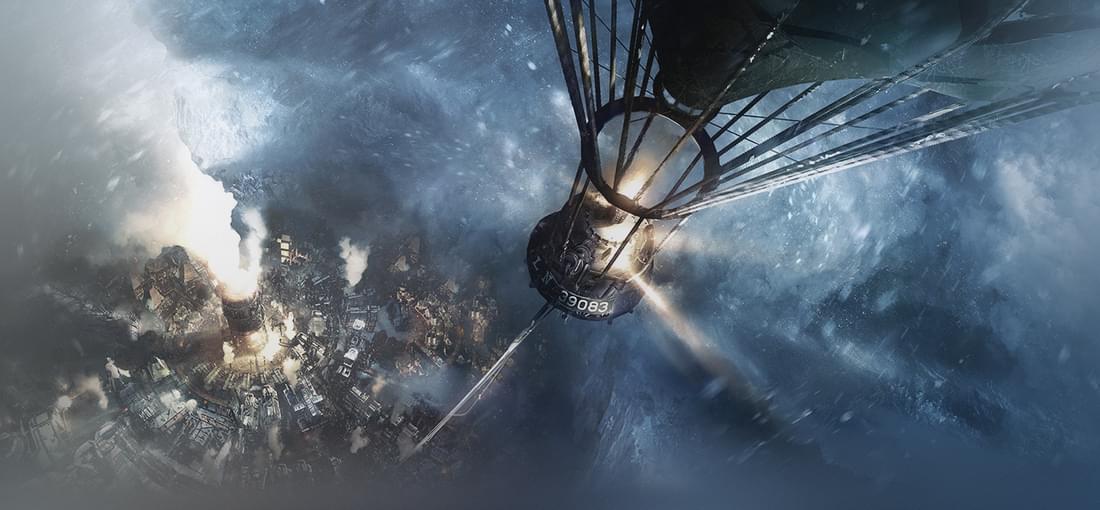
Main scenario is solid 5/5. Game mechanics, music, visuals, exploration, events, quests, choices, scenario unique mechanics and storyline mixed together are creating immersive experience. Gameplay is rather simple but there is enough room for decisions (various ways of getting resources, different branches in Book of Laws). There are some wierd design choices, such as there is no way to change laws, which my lead to beig stuck with unpopular laws that were passed to fight a crisis or with more popular that are a handicap during hard times. Other scenarios received less polish than main one and their quality is varied. For example many laws from purpose category were tied to main scenario's mechanics and as a consequence purpose laws are either feel a bit off or are completely absent from other scenarios. The Refugees scenario feels especially lacking because it dealt with a interesting theme of mitigating a conflict between lower and upper class by series of quite abstract quests (feed people, heal them, fight discontent etc.) and few events. Frospunk is advertised as "society survival" game and it failed it's premise in this scenario. There are currently 4 scenarios total and only main feels 100% polished, other there aren't bade, some are better, some are worse, but the initial magic is gone. Endless mode helps a bit with lack of content. Overall this is a solid game, which I definitely recommend however it have problems with replayability and varied quality of content but all complains aside, it is worth buying just for the amazing atmosphere and epic conclusuion of main story.
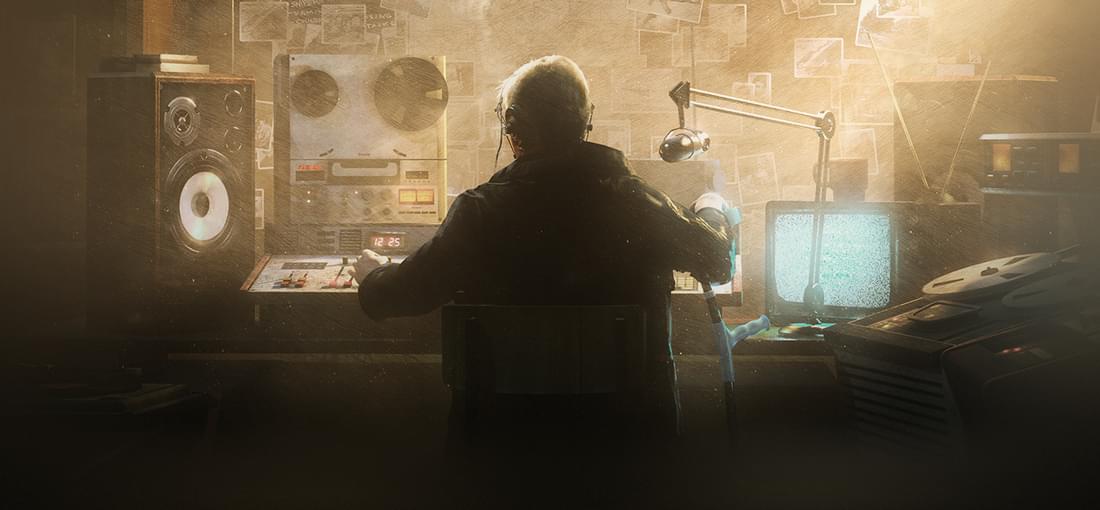
The Last Broadcast is more than 4 hours long (in comparison to 3 hours long Father's Promise) and much less railroady. It contains more classic TWOM experience than previous DLC but has more choices, dialogue and story. The story is solid and overall experience is worth it, however there is a lot of lost potential here. There are few problems with decisions in this dlc. There are two sides of the conflict - military and rebels, but military is clearly evil and rebels are good guys. By our actions we can only anger militry by exposing their crimes or sabotaging their moves, There are multiple choices, but they can be summarised as safety vs damage to hated military or help to people opressed by it, so saving our skin or making positive change to world. There is only one choice when there are other reasons than threat stopping us from broadcasting and they aren't very solid in my opinion. The great missed opportunity are relations with rebels, we never broadcast about their actions and they never do anything wrong. It would be much better if conflict was not black and white. In that case the choices would not be only about sacrificing truth for safety, but also for victory over enemy. It would be much more interesting. There are choices in this DLC, but they don't have lots of depth. I wrote a lot about lost opportunities, but this is still a very good DLC with some memorable and emotional moments and I really enjoyed playing it. But I would be really happy to see in the future DLC with more interesting and less obvious choices that have bigger impact on the game world.
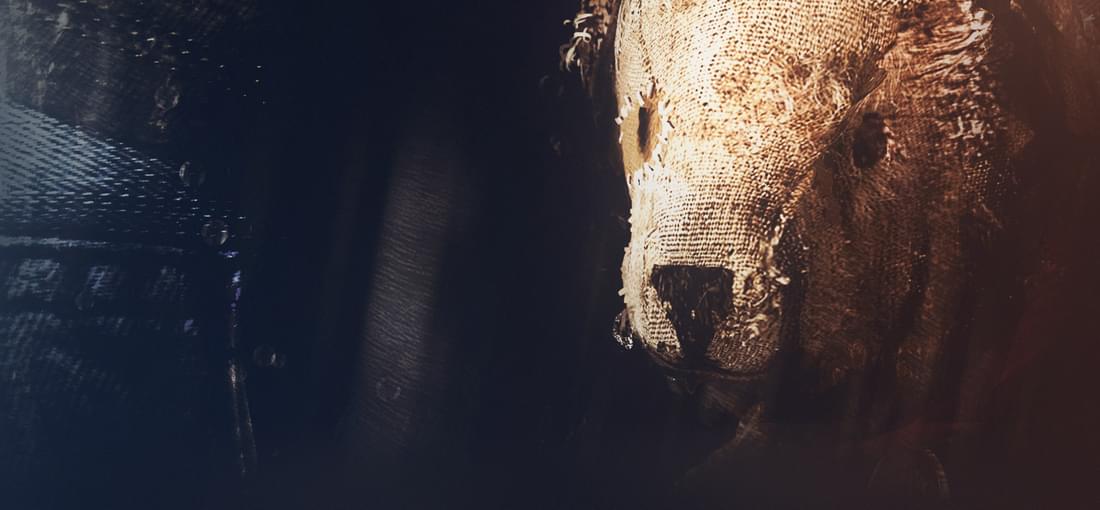
I completed DLC in less than 3 hours. It's relatively short, but price is fair and content is good. There are at last some real dialogues included. Besides normal TWOM live the next day gameplay, there is also story and purpose other than survivng in this DLC and the story is solid. Really worth the price.